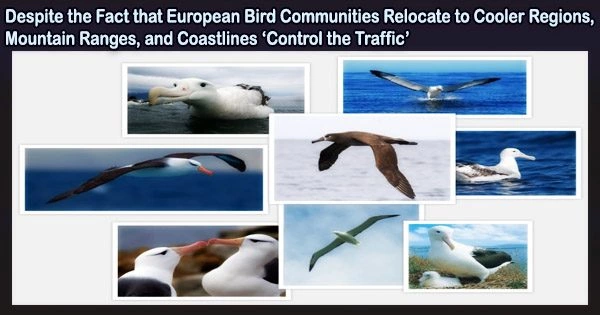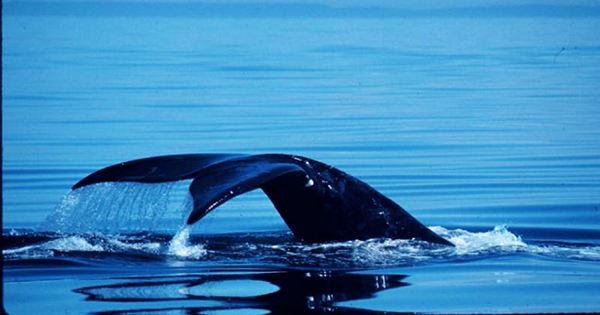Climate change refers to long-term alterations in the Earth’s climate, including changes in temperature, precipitation, wind patterns, and other weather conditions. These changes are primarily caused by human activities, such as the burning of fossil fuels (coal, oil, and natural gas), deforestation, industrial processes, and agricultural practices.
According to a recent study, European bird populations have moved northeast during the past 30 years. Mountain ranges and beaches present challenges to these transitions. Generally speaking, bird populations are migrating to cooler regions, but not quickly enough to keep up with the rising temperatures.
Globally, the compositions of species communities and ecosystems are both significantly impacted by climate change. There are still many unanswered questions due to the fact that biodiversity has not always responded to climate change in the way that was anticipated.
Nearly all European bird species were covered in a recently published scientific study that looked at how large-scale barriers like mountain ranges and coastlines affected the shifts in bird communities brought on by climate change during the previous 30 years.
“Two-thirds of the bird communities moved to cooler areas during the past 30 years, shifting an average 100 kilometres, especially towards the north and east,” explains PhD Emma-Liina Marjakangas, one of the study co-leaders from the University of Helsinki, Finland.
The shifts were clearly governed by large-scale obstacles. In particular, bird populations moved farther away from coastlines, suggesting that the coastlines act as barriers that prevent the communities from adapting to climate change.
Two-thirds of the bird communities moved to cooler areas during the past 30 years, shifting an average 100 kilometres, especially towards the north and east.
Emma-Liina Marjakangas
“Coastal communities are in particular danger of disappearing under climate change, as they often consist of rare and unique species,” highlights PhD Laura Bosco, the other study co-leader from the University of Helsinki.
Overall, bird communities are shifting at a slower rate than the climate is warming. For some populations, this can imply that the local climate becomes unsuitable for specific species, who are also prevented from migrating to more appropriate places because of barriers. These communities might be going extinct.
The study demonstrates how barriers like mountains or coasts can prohibit even highly migratory species like birds from following sudden changes in temperature.
“From a Finnish perspective, this could mean that species like the nuthatch, the middle spotted and green woodpeckers or the marsh tit are facing challenges in shifting from Sweden or the Baltics to cooler areas in Finland because the Baltic Sea acts as a barrier between the areas. When single species are blocked by barriers, the composition of the entire communities will be affected,” Bosco describes.
The study, which was published in the international journal Proceedings of the National Academy of Sciences, is based on breeding bird atlases from the 1980s and 2010s that cover the whole continent of Europe.
















